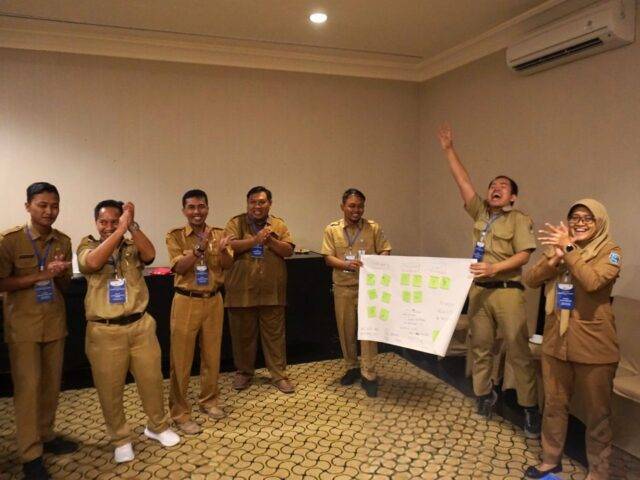Throughout human history, access to water resources, especially river water, has been marked with numerous challenges. Addressing these challenges consists of navigating through societal complexities, including human attitudes and actions towards the environment and climate. To navigate these complexities and foster sustainable practices, systematic management has become crucial. Among these management strategies, the involvement of communities and stakeholder engagement play important roles. In Cluster 4 of WE Indonesia program, topics including Water Politics and Governance, Collaborative Planning for Climate Action and Water Management in A River Basin and Citarum Stakeholder Engagement Case Study will be discussed.
Water Politics and Governance
When it comes to the accessibility of water, many aspects need to be considered. The emphasis on the social, political, economical and administrative dimensions of water has to be focused in order to address water politics and governance. Water politics and governance play a critical role in defining the policies, regulations, and guidelines that govern the allocation, distribution, and utilization of water resources. It ensures efficient water management to meet the needs of various stakeholders, ranging from households and businesses to the environment. Effective water governance is essential for addressing challenges such as water scarcity, water quality degradation, and the impacts of climate change, while fostering sustainable water resource management practices.
Collaborative Planning for Climate Action and Water Management in A River Basin
Community involvement is pivotal to fostering better water management in a river basin, thereby contributing to a more resilient environment. It ensures active engagement between civilians and the governmental authorities. Effective water management cannot be achieved solely by the government; the active participation of local communities is needed, and the local community relies on governmental support for viable water management strategies. If the government and local community collaborate, it enhances the feasibility of fostering effective water management in a river basin with the human power and familiarity of the on-ground experiences of local communities and funding support and technical assistance from the government.
Learn more about the courses in the link below.





